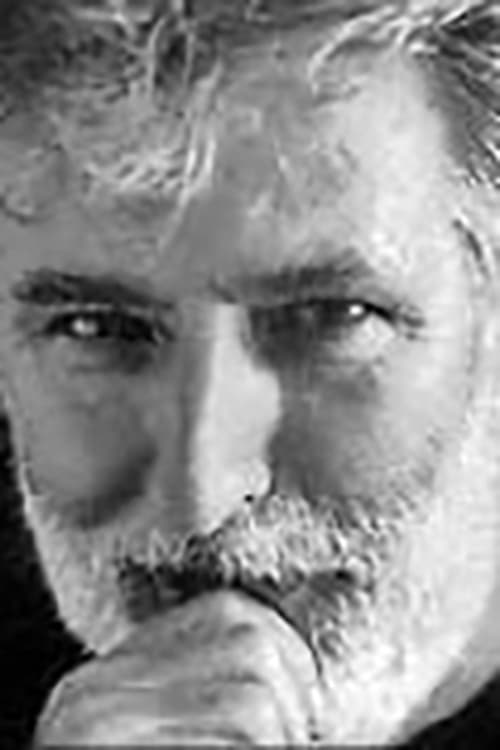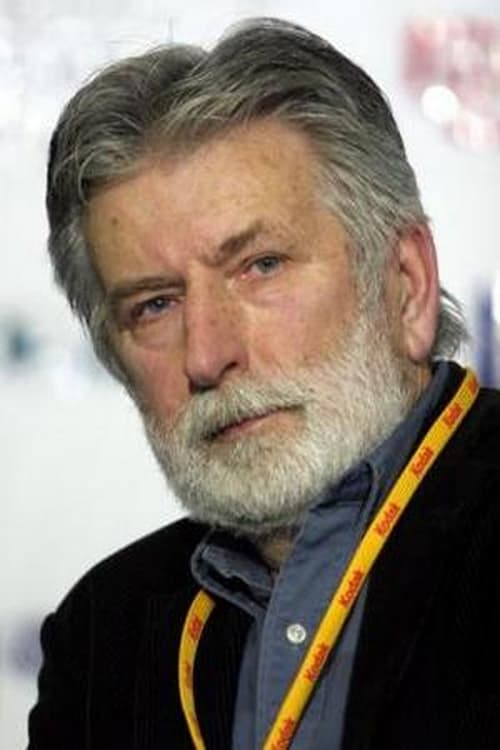Edward Kłosiński
Nacimiento : 1943-01-02, Warsaw, Poland
Muerte : 2008-01-05
Historia
Edward Klosinski was born on January 2, 1943 in Warsaw, Mazowieckie, Poland. He is known for his work on Three Colors: White (1994), Europe (1991) and Three Colors: Red (1994). He was married to Krystyna Janda. He died on January 5, 2008 in Milanówek, Mazowieckie.

Self (archive footage)

Director of Photography
Aunque se acerca a sus ochenta años, Max Kohn no muestra signos de desaceleración. Persigue su vida amorosa, real e imaginaria, con un vigor juvenil, arriesgando así su relación con Reisel, la mujer que ama pero que descuida. Love Comes Lately es una película sobre anhelos reales e imaginarios, el sueño interminable del amor y el poder de la ficción.
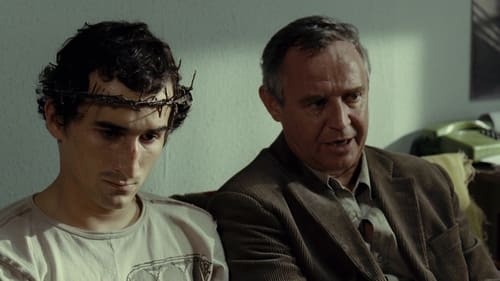
Director of Photography
Adaś Miauczyński, a Polish intelectual, has severe alcohol problems which affect his relationship with his son Sylwek.

Director of Photography
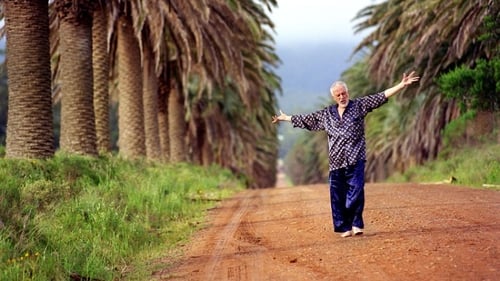
Director of Photography
A Polish ambassador (Zbigniew Zapasiewicz) finds his life falling into ruin following the death of his wife.
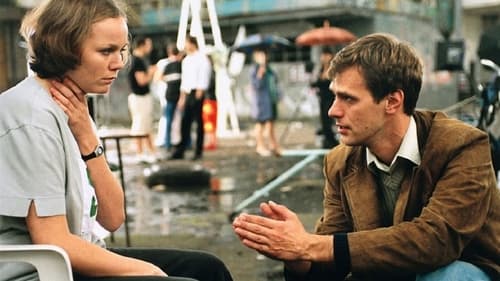
Director of Photography
An examination of the relationship between an indecisive medical student and his fiancee.
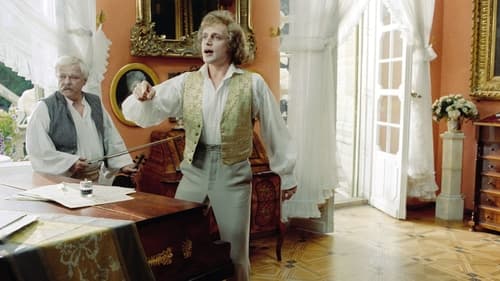
Director of Photography
The biography of world famous Polish composer Fryderyk Chopin.
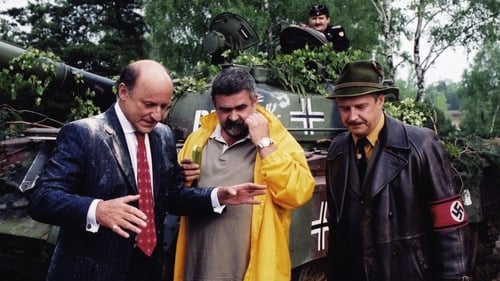
Director of Photography
An independent film critic is commissioned to write a blockbuster screenplay in which the girlfriend of an influential gangster is to play. Criticising is easier than creating. The critic tries to save his skin with the help of a girl, a proofreader from the editorial office.

Director of Photography
Rose, an older woman living in Paris was born in Poland as a daughter of an aristocratic family. Her family house is now an impoverished home for the elderly.
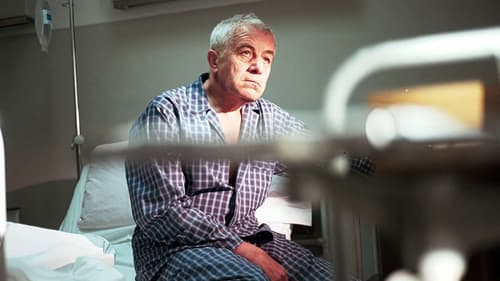
Director of Photography
Los habitantes de una pequeña ciudad se congregan en la plaza donde se ahorcará a un cuatrero. Esto sólo forma parte de una película que se está rodando. Entre los miembros del equipo se encuentra un médico enfermo de cáncer, quien ha perdido la esperanza de curarse y se prepara para la muerte...

Director of Photography
A portrait of a single day in the late summer of 1956, toward the end of Bertolt Brecht's life, as he prepares to leave his lakeside home, surrounded by the women who form his extended family.
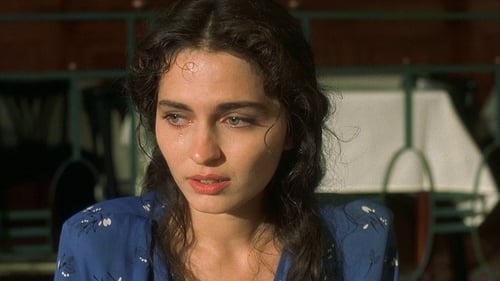
Director of Photography
Gloomy Sunday tiene lugar durante la II Guerra Mundial. Cuenta la historia de tres hombres que están enamorados de una bella camarera: el propietario de un restaurante intelectual, un músico misterioso y un hombre de negocios errático.
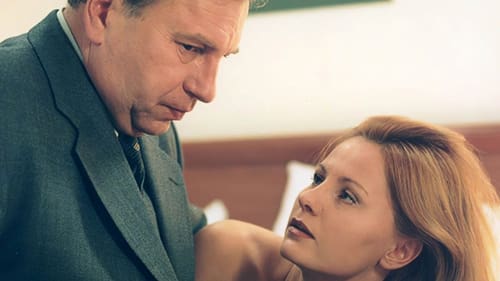
Director of Photography
Jerzy Stuhr wrote, directed, and starred in this drama about a man sworn to uphold the law who applies a very different moral code to himself than he does to others. As Adam Borowski, Stuhr plays a government lawyer prosecuting a variety of cases, including smuggling, theft, child abandonment, and racially motivated assault. However, Adam's own life is hardly a model by which to live. He's overextended himself financially and is trying to figure out how to avoid paying the hospital bills for his terminally ill mother. Adam is married, but he's been having an affair for some time, and, while he breaks off his relationship with his mistress, he's easily tempted into other liaisons. His wife wants to adopt a handicapped child; Adam would prefer not to have another child in the house, and he uses his influence to slow up the paperwork. And in order to reduce his tax bill, Adam has involved himself in a charitable donation scheme of dubious legality.

Director of Photography
An idealistic scientist is encouraged by his wife to use his good looks to get ahead, but his new job carries with it temptations and traps.

Director of Photography
A rational young man and his devoutly Catholic wife believe their sickly son may have leukemia. As they await further tests over a weekend they both struggle with a crisis of faith in both science and Catholicism.

Director of Photography
A woman whose passport was denied under the previous Communist regime by a vindictive party secretary is given a chance to confront the woman and take revenge.

Camera Operator

Story Consultant
Karol ama profundamente a Dominique, pero el problema de impotencia sexual que sufre provoca el divorcio. Una serie de penurias se sucederán en la vida de Karol, que se verá obligado a volver a su Polonia natal y a intentar ganarse la vida como pueda.

Director of Photography
Karol ama profundamente a Dominique, pero el problema de impotencia sexual que sufre provoca el divorcio. Una serie de penurias se sucederán en la vida de Karol, que se verá obligado a volver a su Polonia natal y a intentar ganarse la vida como pueda.
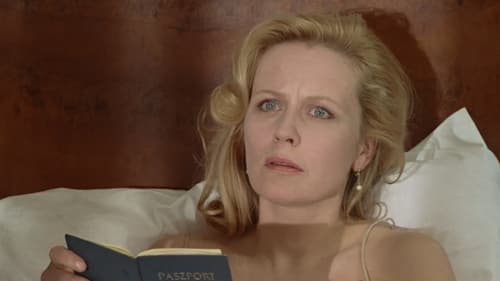
Cinematography
A Polish lieutenant from the Royal Air Force comes home with his British wife and faces political persecution.
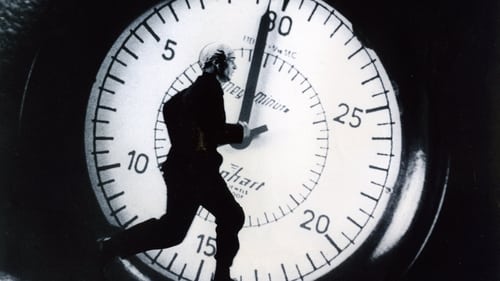
Director of Photography
Tras la Segunda Guerra Mundial (1939-1945), Leo Kessler, un joven americano de origen alemán, se traslada a Alemania para trabajar con su tío en una compañía de ferrocarriles. Su trabajo le permitirá viajar, fascinado, por un país destruido por la guerra; pero también tendrá que enfrentarse poco a poco a los horrores de la barbarie nazi.
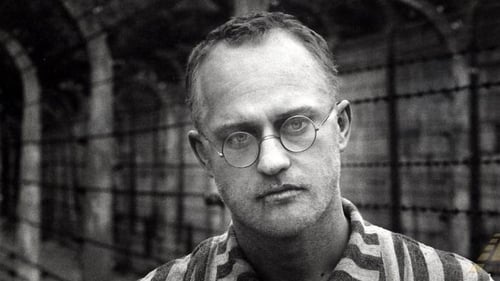
Director of Photography
En 1941, el sacerdote polaco Maximilian Kolbe fue arrestado por los nazis. Sería recluido en el campo de concentración de Auschwitz. Con motivo de la fuga de un prisionero, los nazis escogieron a varios hombres al azar, para ser ejecutados y desalentar nuevas escapadas. Cuando uno de los prisioneros elegidos, padre de familia, suplicó por su vida pensando en los suyos, Kolbe se ofreció voluntario para sustituir a ese hombre. Juan Pablo II canonizó a Kolbe en 1982, proponiéndolo como mártir de la caridad.

Director of Photography
Two British beauties go to Barbados with a yacht captain who does not know what he's in for.
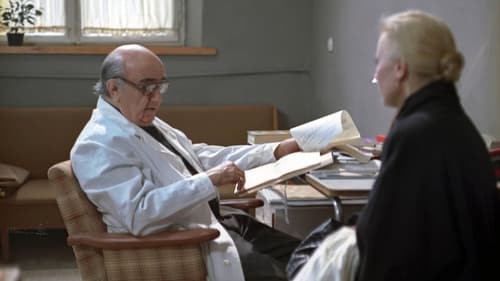
Director of Photography
"No tomarás el nombre de Dios en vano": Dorota, una mujer embarazada, visita en el hospital a su esposo moribundo (Andrzej). Segundo de los diez mediometrajes realizados para la televisión por el director Krzysztof Kieslowski y el guionista Krzysztof Piesiewicz, denominados genéricamente "Decálogo". cada uno de ellos se inspira en uno de los Diez Mandamientos.

Director of Photography
This is the true story about a group of Romani's (gypsy) in occupied Poland during World War II as they confront the atrocities and tragedies of a forgotten holocaust.

Director of Photography

Director of Photography
Made in 1982, shelved for five years. Story opens with Lucja Krol's husband under the tram. She gives birth to her fourth son on the floor of their new apartment. Neighbor Wiktor, a communist intellectual, befriends the poverty-stricken family but is soon arrested and sent to jail. During the war Lucja narrowly escapes a Nazi roundup at the black market. Her sons hold ardent Communist meetings in their apartment, with her blessing. Lucja works hard, but without complaint. After the war, Klemens is inexplicably arrested, accused by the new regime of being a collaborator. Wiktor, now a high-ranking party member, trying to defend him, himself falls into disgrace. Klemens is tortured to "confess" and dies in jail, a Communist to the end. Lucja is never told about his fate.
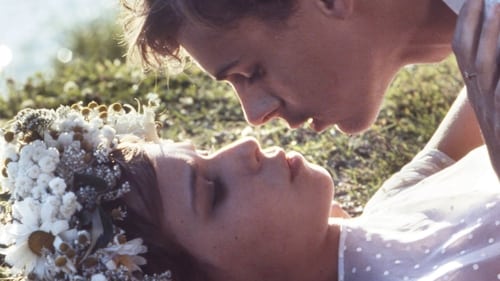
Director of Photography
Set in the summer months preceding the September 1939 outbreak of World War II in Polish part of Lithuania. A young highschool lad, Witek, is hoping to pass the entrance exams to the university. His love interest is Alina, his high-school colleague.
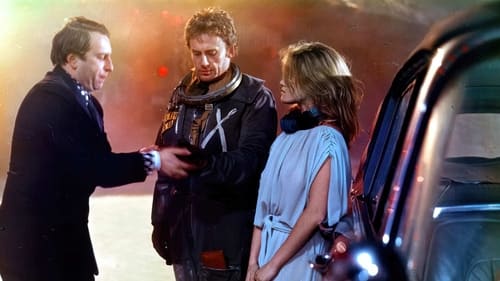
Director of Photography
El protagonista de esta historia aterriza en un mundo desconocido y teóricamente inhabitado en algún momento del siglo XXI. En este nuevo lugar es considerado por la gente como un "héroe" y tratado como si fuese de la realeza. Pronto descubre que tantas atenciones tienen un precio: debe cometer un crimen

Director of Photography
The plot revolves around three men waiting to be deported in a prison. To escape the monotony, they form chess pieces from their bread rations, with which they then play against each other. Grünstein, a Polish Jew, proves to be a real talent, because although he is a beginner, he manages to defeat even the experienced player Lodeck, a German sailor, with his "Grünstein Variant".
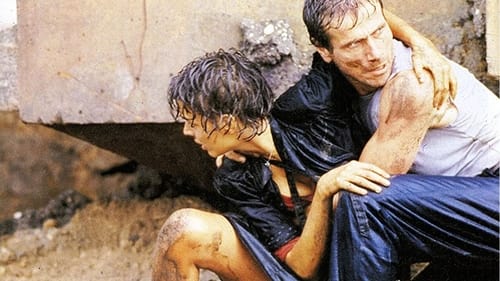
Director of Photography
A tough cop but his life in ruins. His superiors are only looking for a reason to sack him. The girl is 17 years old and lives on the street. As the cop helps her one night, she steals his gun and flees. He should report the loss of his gun to his boss, so he has to search for the girl. At the Dutch border it falls into the power of the police! Henceforth they are on the run, without a plan and without a goal ..
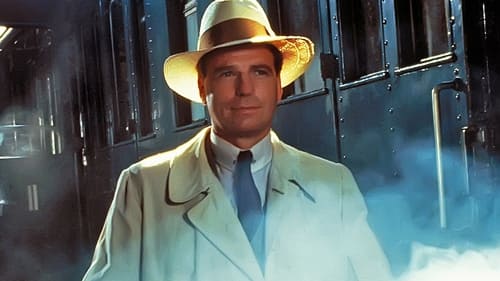
Director of Photography
In October 1936, a high official in the Austrian government receives a letter from a German Jewish woman with whom he had an affair in 1925 asking him to help place an 11-year-old, half Jewish boy in a good Austrian school. Is the child his? Should he help? And above all should he help now, at a time when Nazis are becoming powerful in Austria?
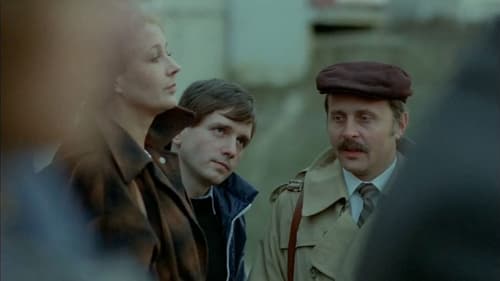
Director of Photography
A young architect is locked up in prison. He recalls his uncompromising youth and gradual sliding into the moral swamp of compromises. He was not alone. A group of his friends, dreamers and glass house builders, accompanied him.
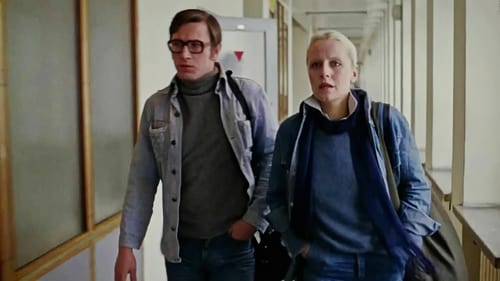
Director of Photography
Narra las jornadas revolucionarias en los astilleros navales de Gdansk (o Danzig) protagonizadas por los obreros del sindicato Solidaridad, en el verano de 1980. Ese mismo año, un periodista radiofónico, más amigo del régimen comunista que de la verdad, debe cumplir una misión de difamación contra un destacado militante del sindicato Solidaridad, que resulta ser el hijo del héroe de "El hombre de mármol" (1977).
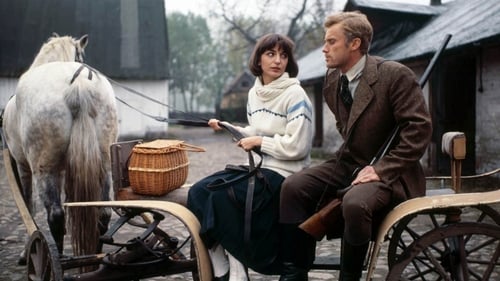
Director of Photography
Set in the late '20s. A thirtyish young man, who heads a small factory, faints at the funeral of a close friend. He decides to go home to his aunt and uncle for a while, but gets involved with a family of five women who had been in love with him at one time though he had apparently loved only one, who, unknown to him, has died since his departure. The women are mainly disillusioned with life or estranged from husbands while the youngest has a crush on him.

Cinematography
The love story of Stanisław Połaniecki and the beautiful Marynia Pławicka, set in the scenery of manor houses and Warsaw from the end of the 19th century.

Director of Photography

Director of Photography
A famous Polish journalist presents a problem for the powers-that-be when he displays his full political skill and knowledge on a television show featuring questions and answers on a world conference by a panel of journalists. His enemies take away his privileges when he is away. The shock of being "unwanted" parallels a deeper disappointment in his private life: his wife has an affair with a jealous young rival, and after 15 years of marriage and two daughters wants a divorce. She offers no explanations as he tries to untie these problems himself. All the moves he makes are the wrong ones. He takes on drinking heavily with students eager to attend his seminar after discovering the class has been canceled. The journalist, once suave and commanding is reduced to silence.
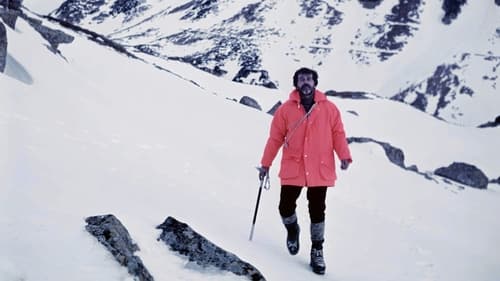
Director of Photography
Un hombre llega a un refugio de montaña. Aparca su coche, lo cierra y tira la llave a un río. Entra en la casa y hay multitud de domingueros dispuestos a pasar el fin de semana esquiando y bebiendo ponche. Él trata de conversar con algunos pero siempre acaba discutiendo con ellos. A la mañana siguiente el hombre no aparece por ninguna parte...
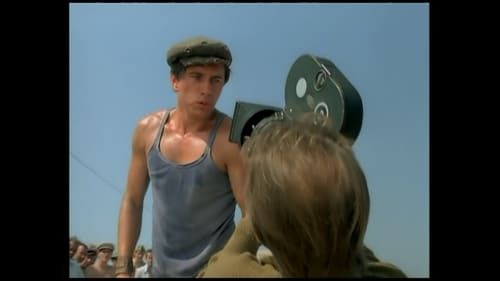
Director of Photography
En 1976, una joven de Cracovia que está realizando su diplomatura en cine, investiga la vida de un obrero, llamado Birkut, quien en los 50 fue, de manera fugaz, un héroe proletario. Su objetivo es investigar como se originó esa leyenda y que efectos provocó en él.
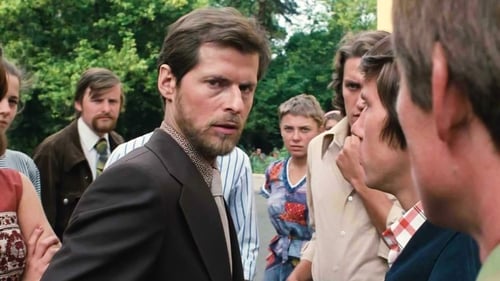
Director of Photography
A group of students are spending the summer vacation at a university camp studying the science of linguistics. One of the camp directors, Jaroslaw, is a young professor who prefers the straightforward, intimate approach to students. He is opposed in his liberal views by Jakub, who likes to manipulate people. There is a confrontation from the beginning when Jaroslaw allows to attend the seminar a student who presents the views not according to the official line. In the end, a jury prize is given to mediocre paper, while the suspected school of thought still draws a recommendation. Finally the deputy rector arrives for the closing ceremonies, and since he disfavors the line of thought awarded by the recommendation the tensions rise. They climax when student in question bites the rector in the ear while receiving recommendation. The confrontation results in a scandal and the police is called in.
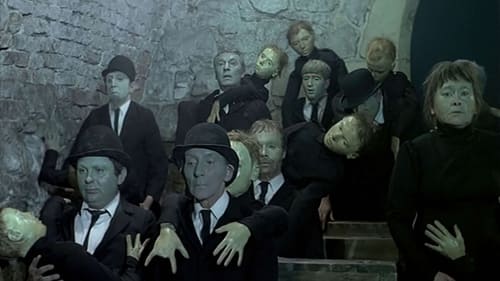
Director of Photography
The Dead Class (1975), by Tadeusz Kantor and the Cricot 2 company, is considered one of the most innovative and influential works of twentieth-century theatre. The breakthrough first version of the production - performed to great critical acclaim, but only rarely seen live by audiences outside Poland - was documented on film in 1976 by the Oscar-winning director Andrzej Wajda.
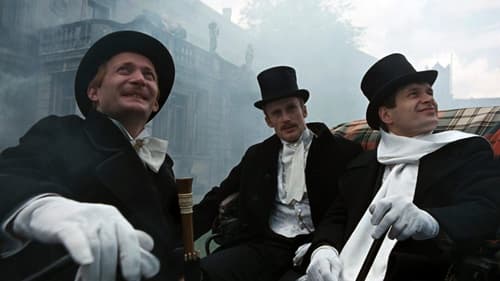
Director of Photography
A finales del siglo XIX, la ciudad de Lodz se ha convertido en el epicentro de la industria textil, con la consiguiente necesidad de mano de obra inmigrante. Tres jóvenes estudiantes de Riga: un polaco católico, hijo de nobles terratenientes, un ambicioso judío y un alemán luterano deciden abrir una fábrica en esa ciudad para hacer fortuna y, sin escrúpulos ni prejuicios, se lanzan a acumular dinero y poder. (FILMAFFINITY)
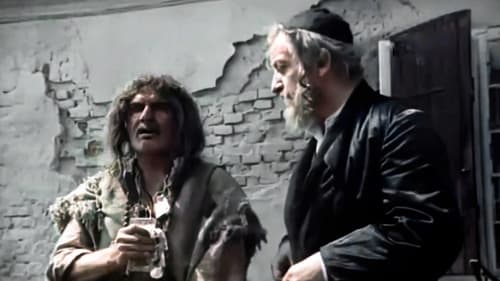
Director of Photography
An old man appears in Samuel's inn and seek revenge on the owner.

Director of Photography
Short Drama

Director of Photography
Un joven estudiante de Física cree que el análisis racional y científico puede resolverlo todo hasta que se enamora de una mujer mayor que el, a pesar de que su amor no es correspondido. Poco después se casa y tiene un hijo, pero sufre una crisis de personalidad coincidiendo con la muerte de un amigo íntimo.

Director of Photography
Rafał is suspected of killing a turtle that fell out of the balcony.

Director of Photography
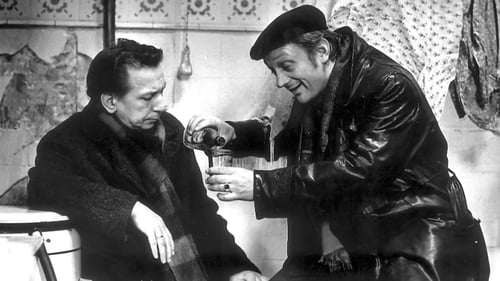
Director of Photography
Meta, 1973. 16mm film, color, sound; running time unknown.
